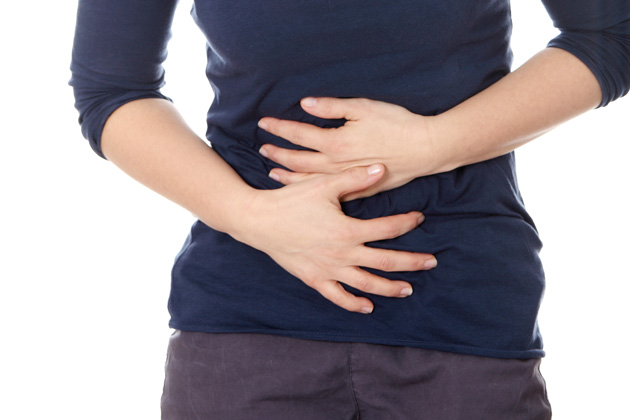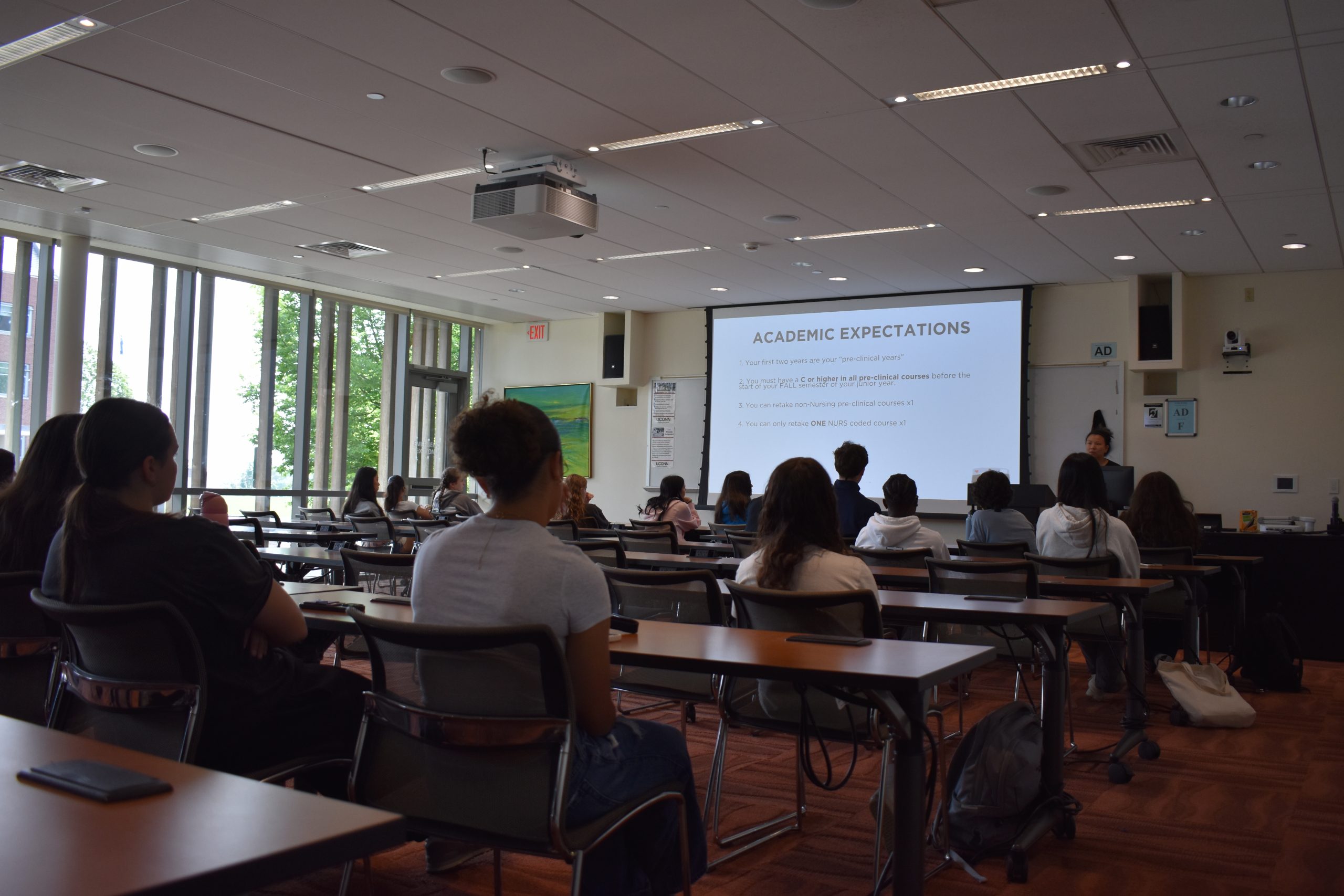With Connecticut residents age 16 and older now eligible to receive COVID-19 vaccines, many people are wondering: what happens once the vaccine enters your body?
UConn researcher Wanli Xu, assistant professor in the School of Nursing, specifically wants to know how a person’s gut reacts to the doses and if that information can lead to a more effective vaccine.
“The gut microbiome always affects your immune responses,” she says. “There are many studies that have been done to understand how the gut microbiome affects asthma, immune disorders, and more. For this study, we want to track gut health during the vaccination process to see if the composition of the microbiome changes after the COVID-19 vaccine is introduced.”

The gut microbiome refers to the nearly 100 trillion microbes in a person’s digestive system, including bacteria, viruses, and fungi. When people are born, they have very few microbe species in their gut, but quickly develop more as they ingest milk and food and interact with their environment.
“Most of the bacteria in your gut is helpful,” Xu says. “It digests food so your body can absorb it and it can even boost your immune system. Some researchers think of your gut microbiome as your second brain.”
The makeup of each individual’s gut microbiome is unique and evolves as they age, but it stabilizes to a degree once they reach adulthood. Then, as people continue to age, the diversity of the species within their gut decreases.
“Usually adult microbiomes are pretty hard to change,” Xu says.
She has previously conducted similar studies with cancer patients, examining their gut health before, during, and after chemotherapy. “Right after they receive the chemotherapy, their gut microbiome shifts. But by 21 days after the medication, it returns to its previous composition,” Xu says.
Now she, along with her co-researchers Xiaomei Cong, Yanjiao Zhou, and Penghua Wang, wants to see how the gut microbiome affects individuals’ immunity induced by the COVID-19 vaccines.
“Generally, we see less responsiveness to the COVID-19 vaccines in older people,” Xu says. “And we also see less microbiome diversity in older people. We think it’s highly likely we will find some connection there.”
The study will take place over six weeks, monitoring 60 participants’ gut health before, during, and after they receive a COVID-19 vaccine. At various times throughout the study, the researchers will draw blood to look at participants’ immune cells and see how many antibodies they generate to fight the coronavirus. They will also take stool samples to view participants’ gut microbiomes and see which bacteria species are present throughout the vaccination process.
“This study will be really informative of how our bodies respond to the vaccine, so we can better understand the role the microbiome is playing in responses to the vaccine,” Xu says.
The results from the study could help inform decisions related to adjusting doses to make the vaccines more effective.
“If the microbiome is really contributing to vaccine effectiveness, we can conduct interventions in the gut to optimize vaccine intake,” Xu says, though testing those interventions would take more research trials. “This study is just a starting point. There’s a long way to go, but at least it’s something that will help us understand better.”
This paid research study is currently seeking participants. If you are at least 18 years old and plan to receive the first dose of the COVID-19 vaccine, you may be eligible to participate. For more information, please contact XuLab@uconn.edu or 860-486-6930.
This study is funded by a Dean’s Award for Pilot Research, Innovation, and Scholarship Projects through the UConn School of Nursing.



